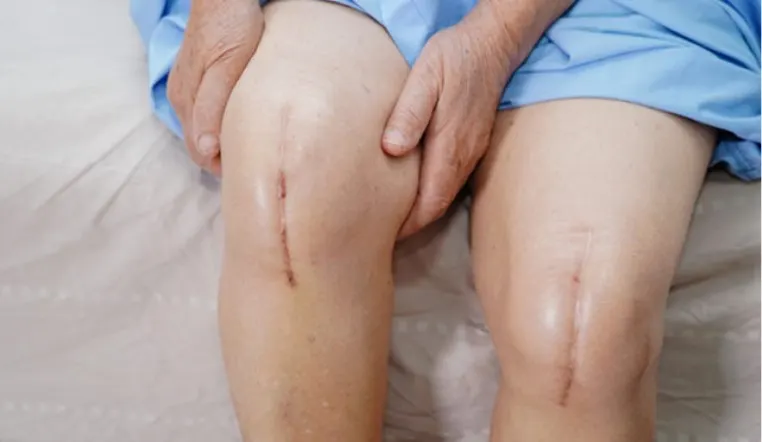Is it better to recover at home or at a skilled rehab center after an illness, accident, or injury? It all depends on your situation.
If you’re helping a loved one make this decision, read the following story and learn more about your options.
Is Home Care or Short-Term Rehab Better?
Joy, whose father had just been hospitalized for pneumonia, wrote us this note asking for help deciding on a rehab option:
My father has been battling a serious case of pneumonia that landed him in the hospital. The social worker told us today that we should expect him to be discharged in about three days.
She also let us know that my father’s primary care physician wants Dad to continue with rehab to help him get back on his feet. He has gotten pretty weak over the past month since he’s been sick and he is unsteady on his feet.
Dad lives alone in a house he has lived in for about 40 years. I think getting him to agree to go to a rehab center might be an uphill battle.
My question is how can we tell which is a better option —home care or a stay in a short-term rehab center?
Recover at Home with In-Home Care or at a Short-term Rehab Center
Illnesses like pneumonia can be tough on older adults. It isn’t uncommon for physicians to recommend someone who has been hospitalized with a severe illness receive therapy after they’re discharged.
As you and your loved one make this decision, here are a few factors to keep in mind:
- If your loved one lives by themselves right now, will someone be available to stay with them during recovery? If they’re unsteady on their feet, it might not be safe for them to be alone.
- What type of insurance does your loved one have, and what services will it cover? If they have Medicare, they will likely meet the criteria for both home care services and rehab care if they’ve spent more than three nights at the hospital. The hospital social worker can help you determine what the insurance will cover if you aren’t sure.
- Does your loved one have other medical conditions that need to be taken into consideration? These are referred to as co-morbidities. A chronic health issue like diabetes can complicate recovery. In this case, a short-term rehab center is usually a better choice.
- Is your loved one able to manage their own care (i.e. taking the right dose of the right medication at the right time) and oversee in-home caregivers if they decide to rehab at home? Staying on track with a medication schedule will likely play an important role in your loved one’s recovery.
In many cases, a short stay in a rehab center can be followed by in-home care or outpatient therapy. The combination can help an older adult maximize their recovery.
Related: Transitioning home after a post-acute stay >>
How Does a Skilled Rehab Center Work?
Skilled rehab may be done at a hospital or a separate skilled nursing facility (SNF). The length of time your loved one will stay there depends on their reason for admission. Stroke patients, for example, usually have a length of stay ranging from nine days to 22 days.
The food at many skilled rehab centers is appealing, nutritious, and delicious. Residents can often choose what they want to eat, and a registered dietician can help them make sure their diet will help them feel their best as soon as possible.
During your loved one’s rehabilitation stay and depending on their needs, they’ll work with licensed therapists on physical, occupational, and speech therapy for about an hour on each discipline daily. Other activities and opportunities are usually available to help them pass the time.
See examples of some therapy exercises your loved one may do >>
How Can I Get My Loved One to Go to Post-Acute Rehab?
In the scenario above, Joy mentioned she might have a difficult time getting her father to go to a skilled rehab center. If you think your loved one would benefit from a skilled care center but might be reluctant, try some of these suggestions as you help them make the decision.
- Ask them how they think they’ll cope at home if they return immediately. Do they have a plan in place for getting groceries, cooking, keeping the house clean, and doing anything strenuous?
- Let them know that the typical stay at a post-acute skilled rehab center is typically a few days to a few weeks. In the scheme of things, that’s not so long.
- Talk about the benefits of recovering from their illness quickly and getting fully well again versus trying to rush back into a routine. In the long run, that could help prevent additional injuries and rehospitalizations.
You may also want to have your doctor or social worker discuss some of these benefits with your loved one to help them see that a skilled care option might be best.
Learn More About Choosing the Right Rehab Center
There are lots of options when it comes to choosing the right skilled rehab center. Our guide can help you narrow down the list and find the one that’s right for your loved one. Just click below to download.


